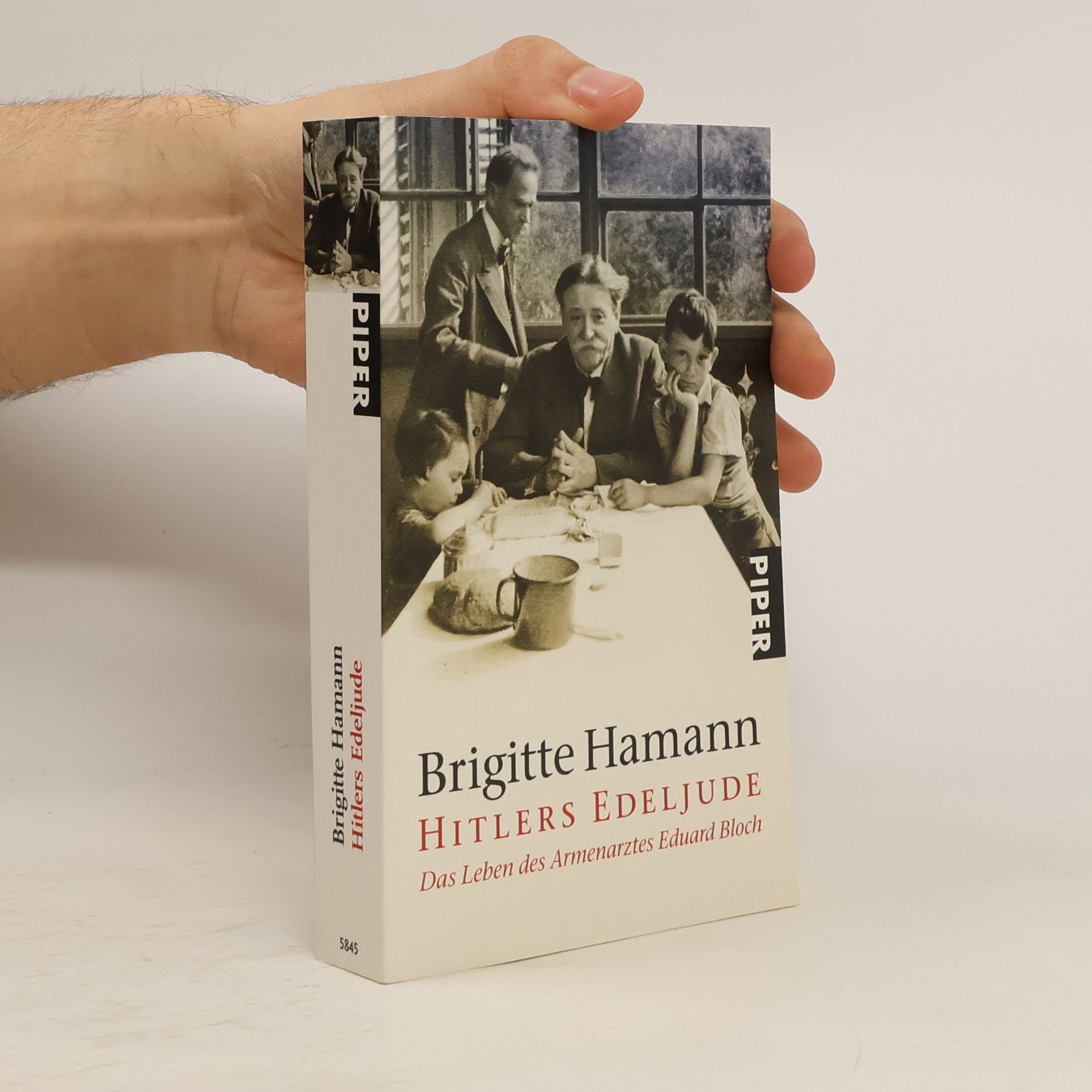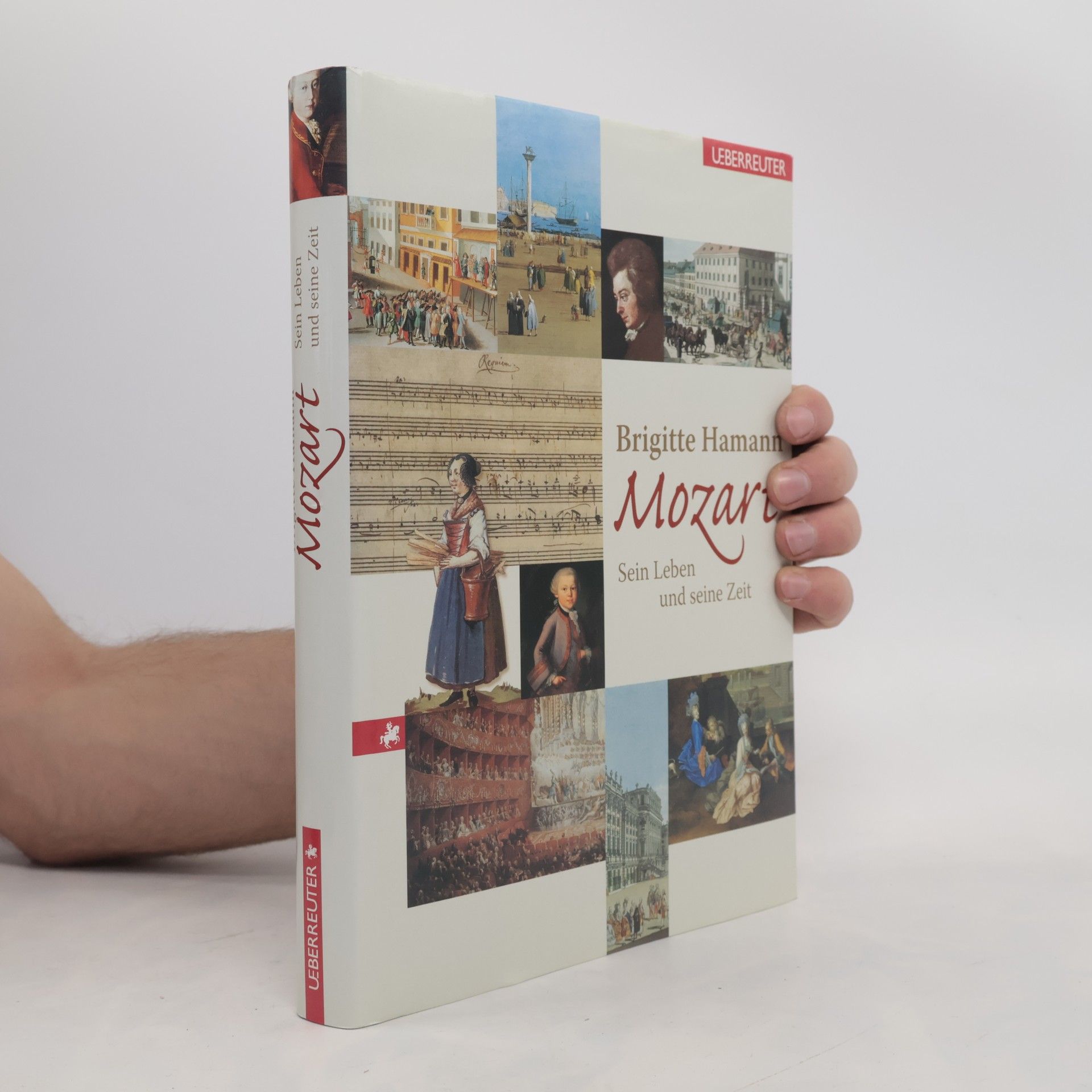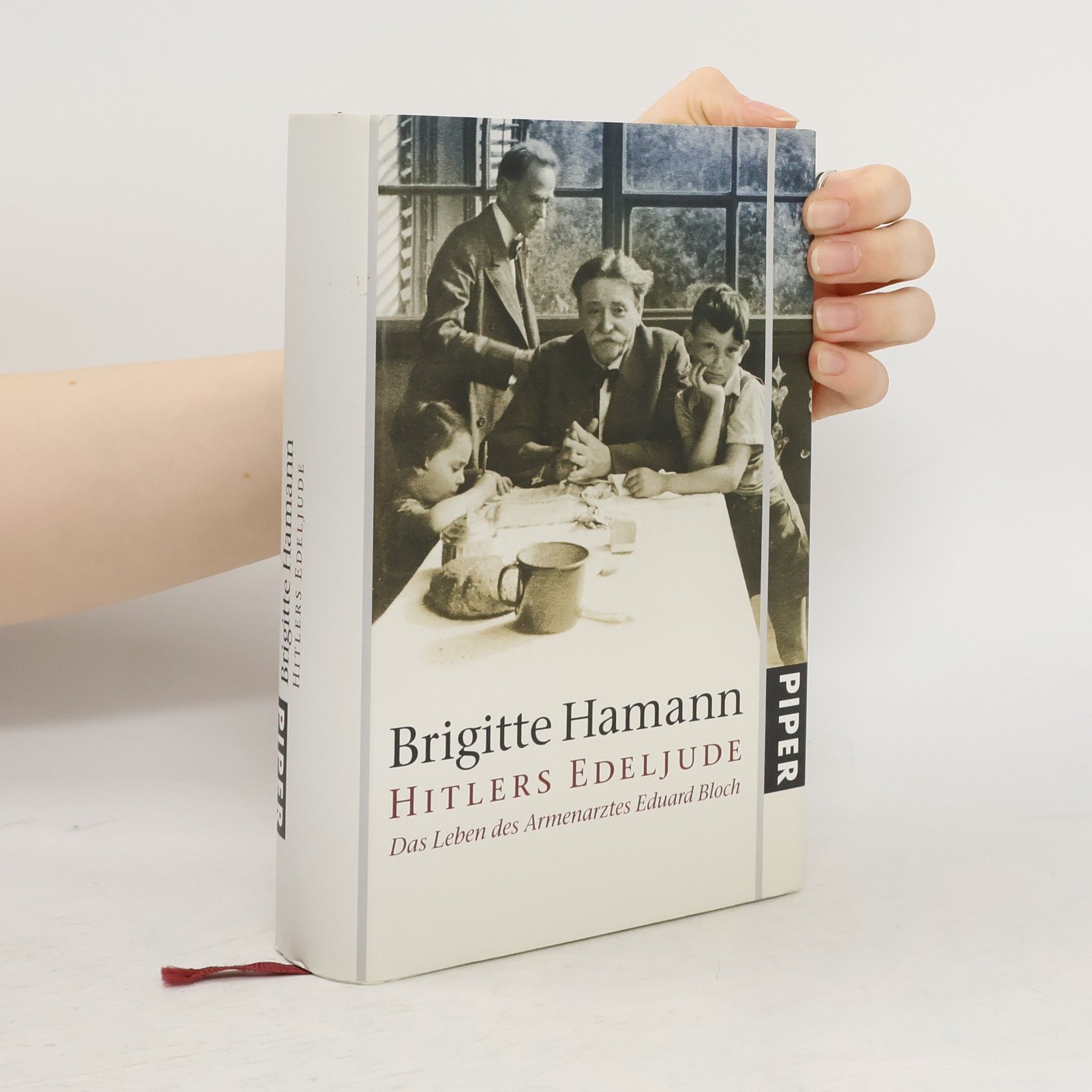Hitler's Vienna delves into the formative years of Adolf Hitler in Vienna, where he lived from 1906 to 1913 before moving to Munich at age twenty-four. This work presents a cultural and political portrait of the city, contrasting it with the modern, artistic image often associated with figures like Freud and Mahler. Instead, it reveals a city rife with fear and ethnic tension, where many rejected modernity as overly international and Jewish. This environment fostered racist political ideologies, exemplified by a parliament member's chilling remark about Jews. Brigitte Hamann captures the disturbing ideologies that permeated the Hapsburg capital, providing context for Hitler's development. She portrays him as a moody, curious, and painfully shy young man from the provinces, drawing on previously untapped sources, including personal accounts and records from homeless shelters where he spent nights. This comprehensive account illuminates how his experiences in Vienna shaped his future actions and beliefs. Hamann's work represents a significant contribution to the scholarship surrounding Hitler, offering insights into the influences that molded one of history's most notorious figures.
Brigitte Hamann Books

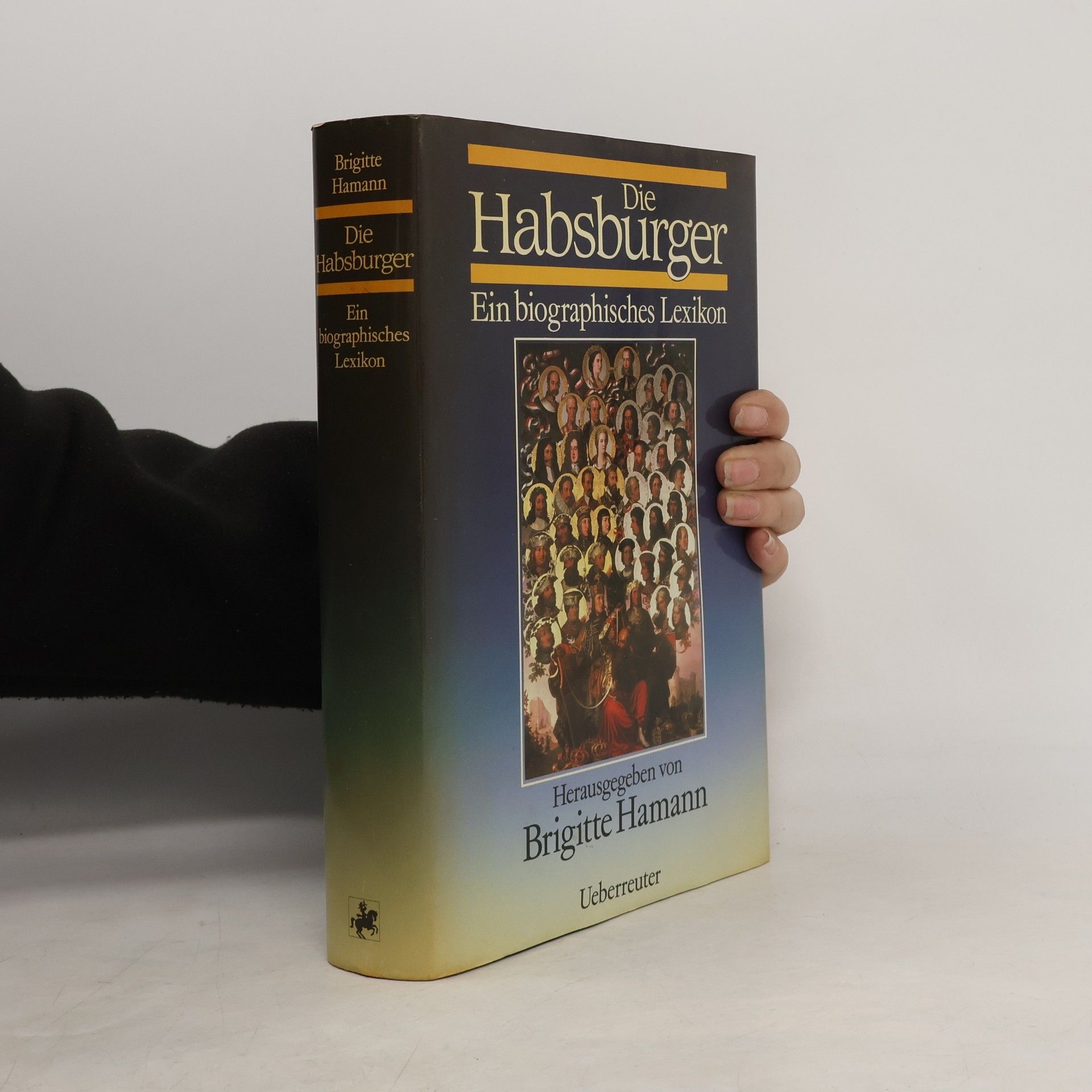
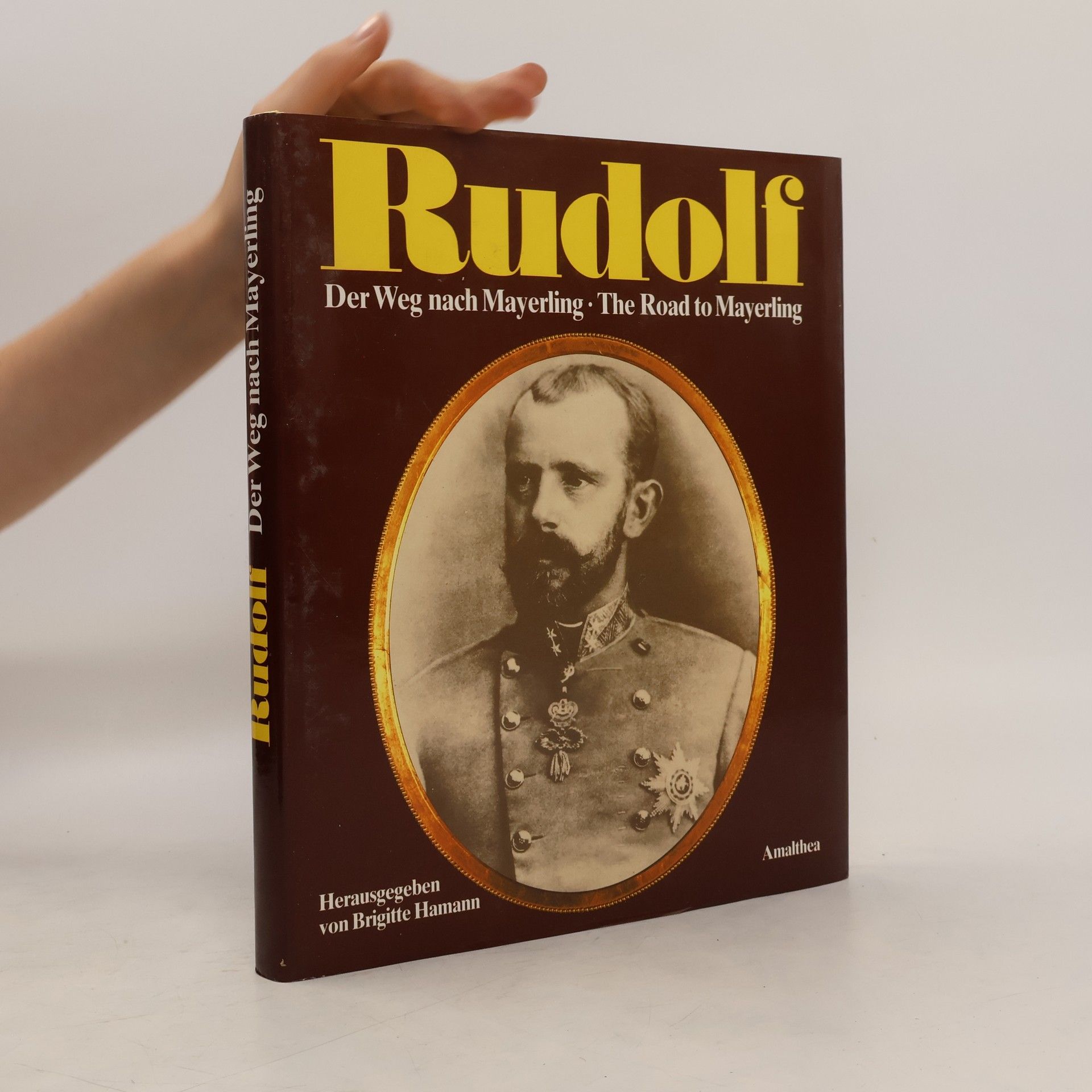
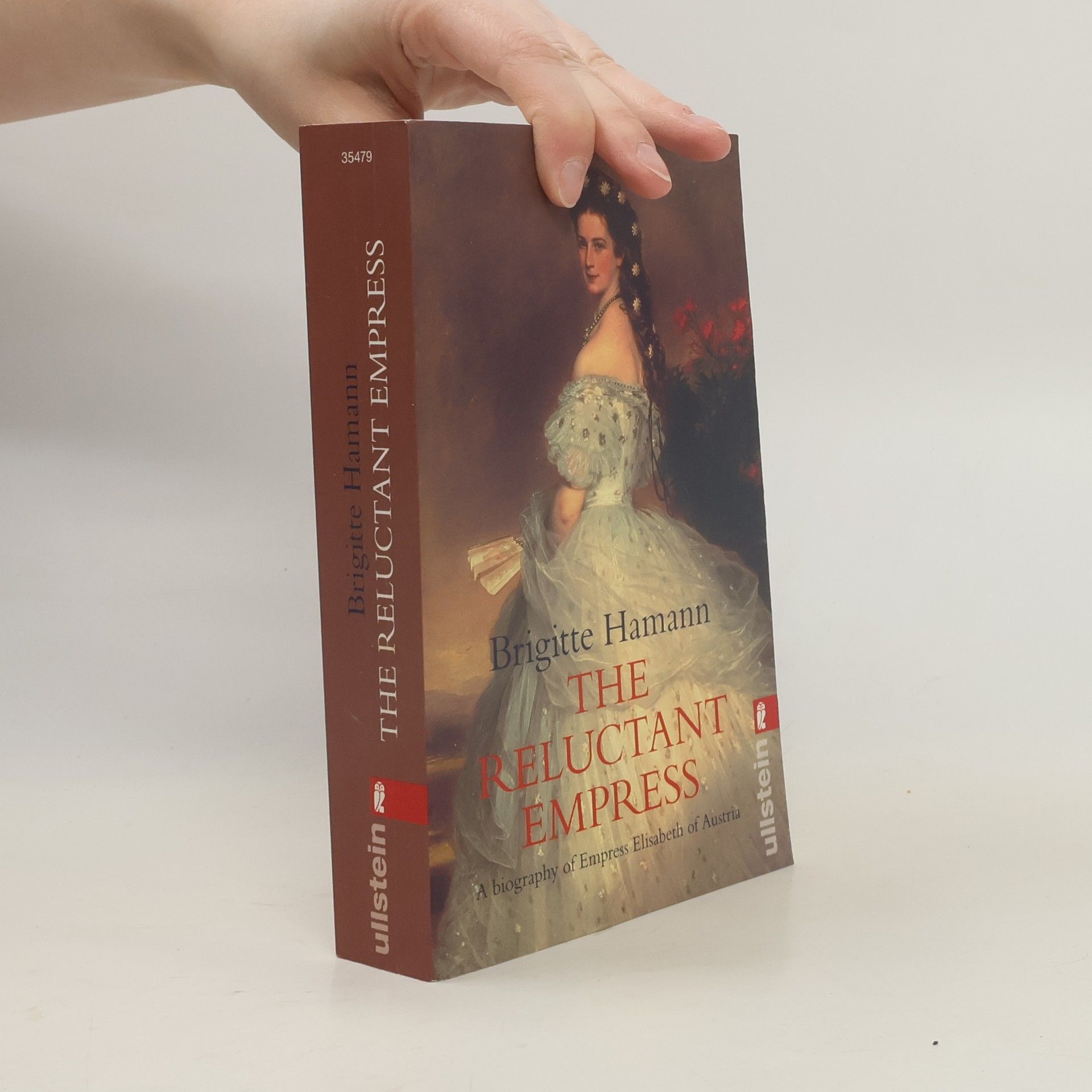

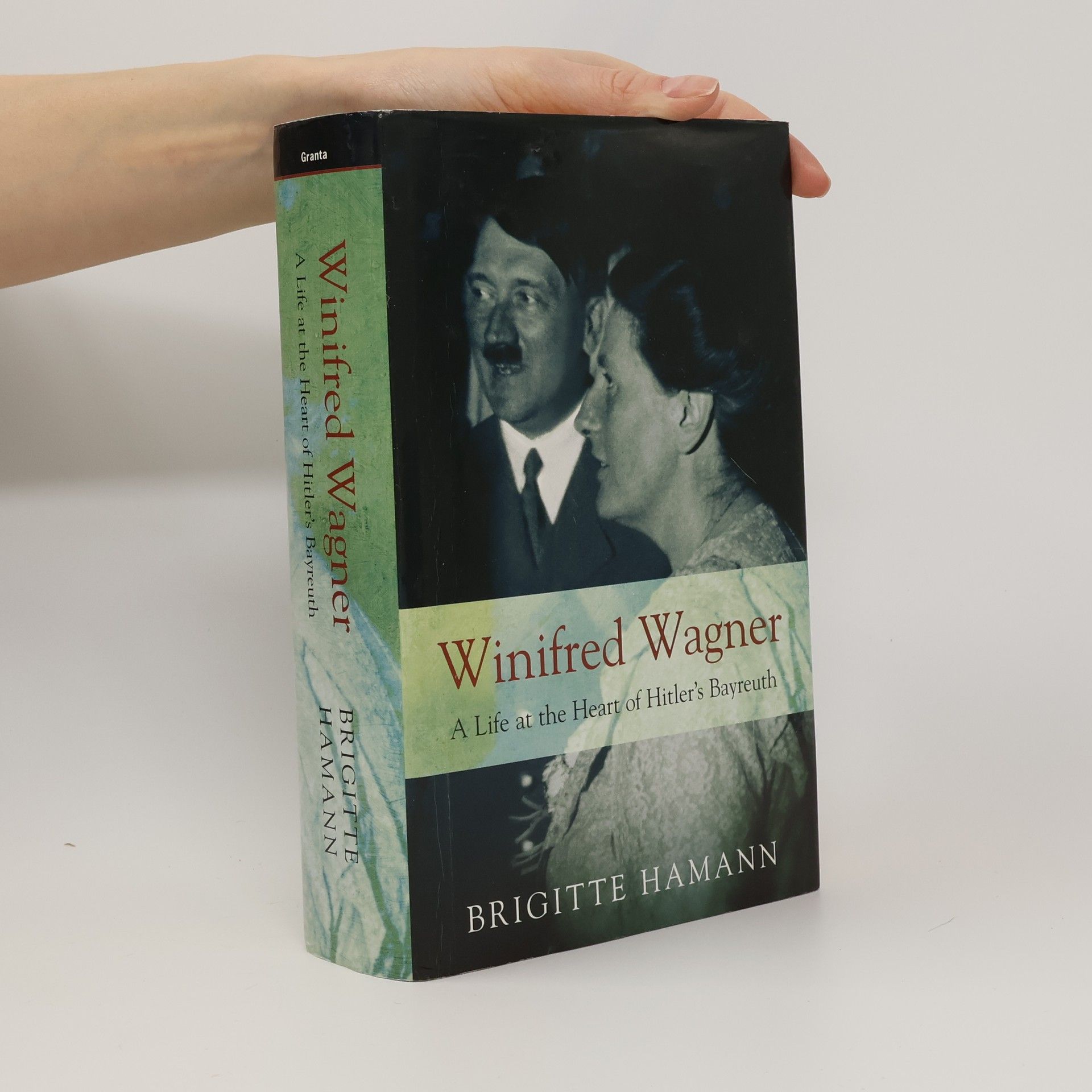

Winifred Wagner's story is a remarkable one. The Welsh-born orphan became Richard Wagner's daughter-in-law, one of Adolf Hitler's closest personal friends. Brigitte Hamann presents the first major, unbiased biography of the First Lady of Hitler's Bayreuth. Born Winifred Williams in 1897, she was adopted, aged nine, by distant English relatives and in 1915 the 18-year-old Winifred married into the Wagner family when they needed an heir to secure the Wagner heritage and the festival site at Bayreuth. In 1923, shortly before the Munich Putsch, Hitler made a pilgrimage to Wagner's grave in Bayreuth. And so began a close, lifelong friendship between 'Winnie' and 'Wolf'. She became a founder member of the Nazi party and from 1933 the town of Bayreuth at festival time was the centre of the German political world Described as 'the last Nazi in Germany', she remained loyal to the memory of 'Wolf' till her death in 1980.
Elisabeth - stages in a life
- 160 pages
- 6 hours of reading
The reluctant empress
- 410 pages
- 15 hours of reading
She was the romantic idol of her age, the extraordinarily beautiful and mysterious Empress Elisabeth of Austria whose exploits made her a legend in nineteenth-century Europe and beyond. This biography by Brigitte Hamann reveals the truth of a complex and touching, curiously modern personality, her refusals to conform, escaping to a life of her own, filled with literature, ideas and the new political passions of the age. This edition is a translation into English from the original German by Ruth Hein.
Rudolf
- 150 pages
- 6 hours of reading
Crown Prince Rudolf, the only son of Emperor Franz Joseph and Empress Elisabeth, owes his world-wide fame mainly to the mystery at Mayerling, where he sought death with this seventeen-year-old mistress Mary Vetsera. Yet his ignominious death was preceded by a very eventful life spent against the courtly splendour of the imperial city and, conversely, among the intellectuals and supposedly revolutionary minds of late nineteenth-century Vienna. This contradiction may explain why his fascinating personality continues to hold our attention one hundred years after the catastrophe. Rudolf's life, which covered a mere thirty years, is here documented through contemporary illustrations, photos, paintings and records from various family archives. As might be expected, the events centring on Mayerling have received particular emphasis in this representation.
Die Habsburger
- 447 pages
- 16 hours of reading
Von Rudolf von Habsburg über Kaiserin Leopoldine von Brasilien, Marie Antoinette von Frankreich bis Kaiser Franz Joseph - das vollständige Lexikon des berühmten europäischen Herrschergeschlechts in 400 Lebensbildern ist gleichzeitig ein historisches Lesebuch zu 600 Jahren europäischer und Weltgeschichte
Brigitte Hamann schildert die beeindruckende Lebensgeschichte des Linzer Arztes Eduard Bloch und seiner Familie, der als Hausarzt der Familie Hitler unter besonderem Schutz des "Führers" stand.
Mozart: sein Leben und seine Zeit
- 239 pages
- 9 hours of reading
Star-Autorin Brigitte Hamann präsentiert ein überraschendes und vielschichtiges Buch zum Mozartjahr. Sie zeigt das Genie Wolfgang Amadeus Mozart in all seinen Facetten und für jedermann verständlich. Und nicht nur Mozart ist das Thema: Um diesen großartigen Musiker kennen und verstehen zu lernen, ist es wichtig, in seine Zeit und seine Welt einzutauchen. Mit zahlreichen bisher unveröffentlichten Abbildungen gelingt es der Autorin, die Welt von damals vom Alltagsleben bis zu den Festen und ihren Moden auf atemberaubende Weise zu dokumentieren. Das Leben Mozarts wird anhand seiner Opern aufgerollt und ist so für den Leser ein perfekter Einstieg in sein Werk. Eine durchgängig vierfärbige und lebendige Gestaltung gibt den richtigen Rahmen für das Duo: Autorin Brigitte Hamann und Jahrtausendgenie Wolfgang Amadeus Mozart.
Hitlers Edeljude
- 511 pages
- 18 hours of reading
Dr. Eduard Bloch (1872–1945) war in Linz Hausarzt von Hitlers Mutter Klara. Aufopfernd begleitete er 1907 ihr Sterben. Damals entwickelte sich eine herzliche Beziehung zwischen dem frommen Juden und dem 18-jährigen Adolf Hitler. Als der 'Führer' 1938 in Linz einzog, erwähnte er mehrfach lobend den 'Edeljuden Dr. Bloch'. Er sorgte dafür, dass Bloch von der Linzer Gestapo 'geschützt' wurde und 1940 mit seiner Frau in die USA emigrieren konnte. Doch Amerika wurde ihnen nicht mehr zur Heimat. Brigitte Hamann erzählt aus vielen privaten Quellen von Bloch und dessen großer Familie, von einem Leben in politisch wirren Zeiten. In 'Hitlers Wien' hat sie die Ursprünge von Hitlers Antisemitismus erklärt. Hier widerlegt sie auch die absurde These, der jüdische Arzt Dr. Bloch sei einer der Auslöser dafür gewesen.
Die renommierte Astrologin Brigitte Hamann beschreibt alles Wissenswerte über die Sternzeichen: Welche individuellen Eigenschaften zeichnen sie aus? Wo liegen persönliche Stärken und Defizite? Welcher besonderen Lebensaufgabe muss sich jedes Zeichen stellen? Was bedeuten die Tierkreissymbole? Welche Beziehungen haben sie zu Mythen, Märchen und zum Tarot? Wo finden sie ihre Entsprechungen bei Pflanzen, Mineralien oder Farben? Ein unverzichtbares Nachschlagewerk für Anfänger und Experten
